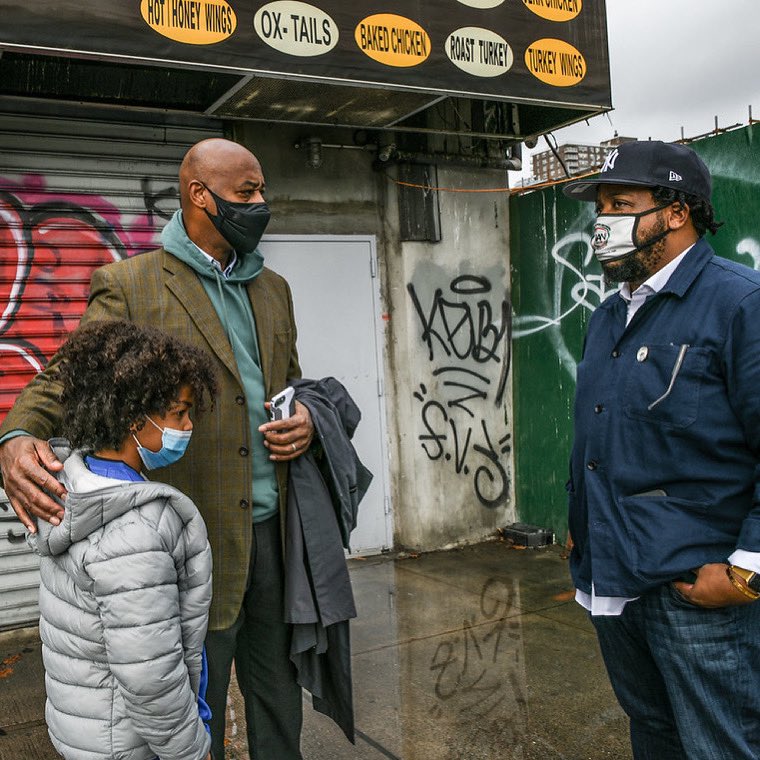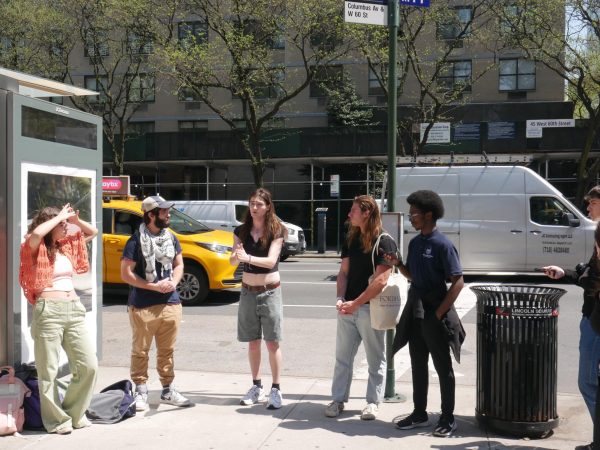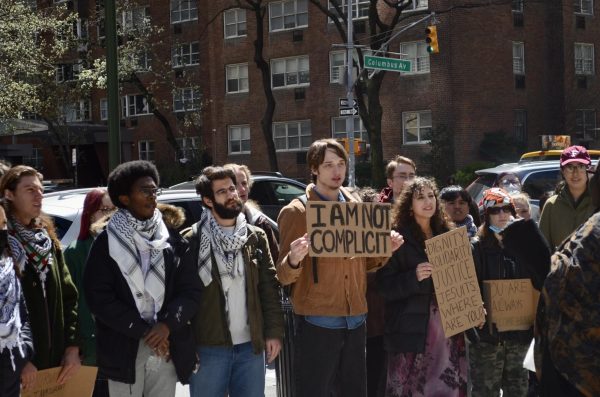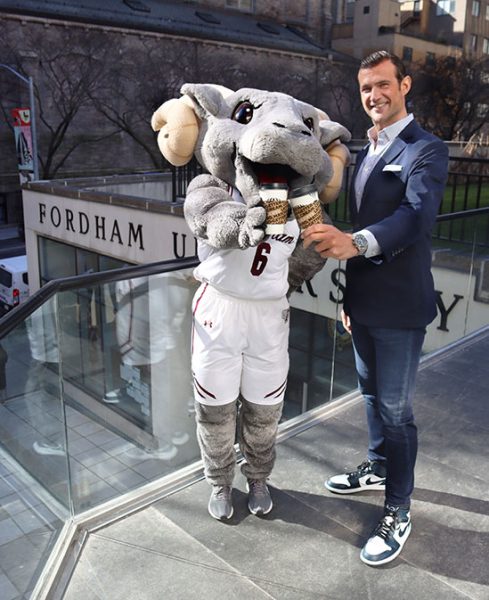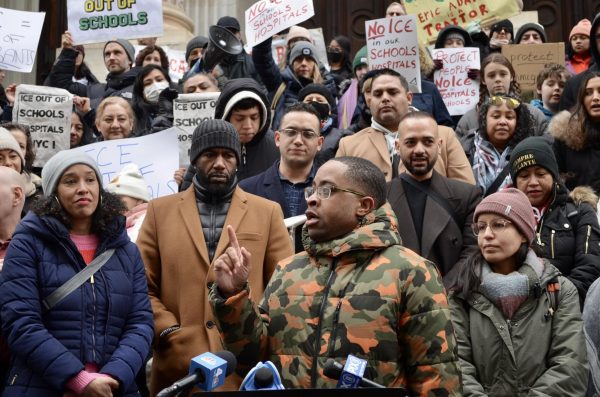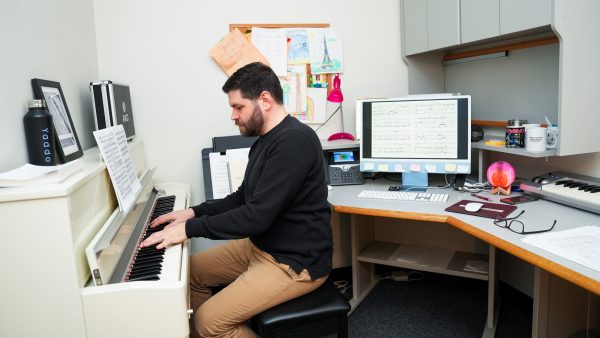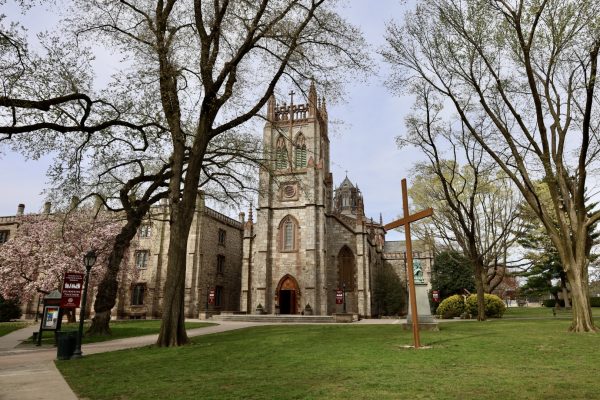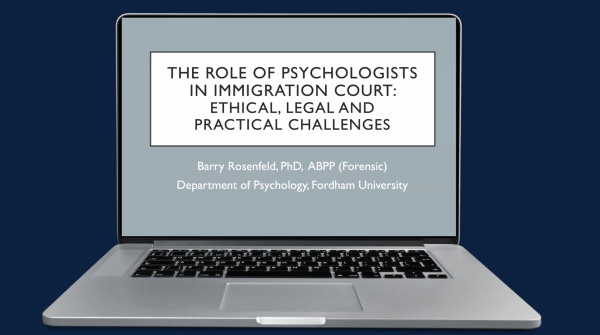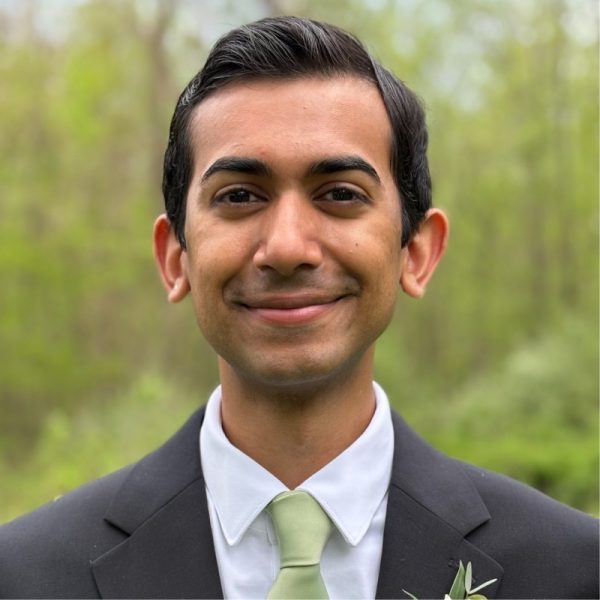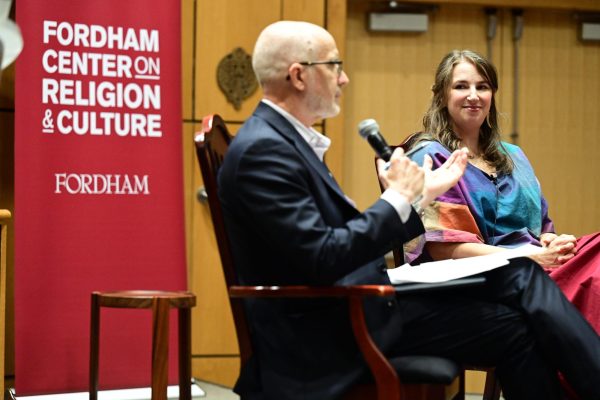NYC Mayoral Race Gets Expensive
As the New York City mayoral election draws closer, more and more money is being spent by candidates, political action committees and private individuals in order to influence the election.
Numerous new super political action committees (PACs) are beginning to pop up around the race. While some of these groups are focused on funding a single individual, others have built their base on funding sets of issues and helping candidates who include these issues in their platform.
A super PAC is a group that is registered with the Federal Election Committee to receive unlimited donations from smaller funding groups or individuals, spending the funds it receives on political expenditures. Donations to regular PACs are legally limited.
One super PAC focusing on raising funds for candidate Raymond McGuire, called New York for Ray, has already raised more than $1 million since its inception two months ago. McGuire has no previous political experience, so New York for Ray has focused on helping McGuire become a more recognizable name for New York City’s voters. The super PAC has spent most of its energy on advertising for McGuire rather than running attacks against opposing candidates.
Another new super PAC called Our City has gained a lot of public attention recently. Led by Gabe Tobias, the former senior adviser to Justice Democrats, the super PAC describes itself as “a project to win a progressive governing vision for NYC in 2021.” Its vision centers around the “agendas and voices of grassroots movement groups across the city.”
Our City focuses on four main issues: ensuring that all New Yorkers have access to decent housing, universal public safety, racial justice in the school system and universal economic recovery. The group provides financial backing to mayoral and city council candidates who align with these goals.
James L. Dolan, known for his position as the chief executive at Madison Square Garden Entertainment, established a new super PAC called The Coalition to Restore New York.
“We cannot afford leaders who don’t prioritize the economic revitalization of New York City,” the group’s website states.
The Coalition to Restore New York asks mayoral candidates five questions to determine whether or not the super PAC will help fund the candidate. The questions include: “How will you get New Yorkers back to work?,” “How will you make our city’s streets safer?,” “How will you address the city’s increasing budget deficit?,” “How will you stop the exodus of residents from New York City?” and “How will you bring back tourism?”
So far, Dolan has provided more than $4 million to fund the super PAC.
New York City mayoral candidates and political donors are subject to strict limitations regarding the amount of money that can be donated to a single campaign. Direct donations to a mayoral campaign have maximums that depend on the donation program, with the lowest maximum being $2,000 and the highest being $5,100. If a donor is, at the same time, in the midst of doing business with the city, then their mayoral campaign donations are capped at $400. No mayoral candidate may receive any type of funding from corporations or LLCs.
However, monetary donations are not the only form of support that organized groups can lend to mayoral candidates. For many candidates, endorsements from key groups like labor unions can be just as powerful as funding.
For example, District Council 37, New York City’s largest union for city workers, announced their support for candidate Eric Adams on March 10. Other recent notable union endorsements have come from The Freelancers Union, which represents over 56 million freelance workers in the city. The union announced its support for both Maya Wiley and Andrew Yang on March 11.
According to recent polling, Yang has remained the top pick among Democratic voters. A poll run by Emerson College from March 4 to March 6 showed that Yang has support from 32% of the 644 Democratic voters who responded to the poll. Eric Adams held second place with 19% support, while Scott Stringer came in third with 6%.
Both the Democratic and Republican mayoral primaries will be held on June 22, 2021.
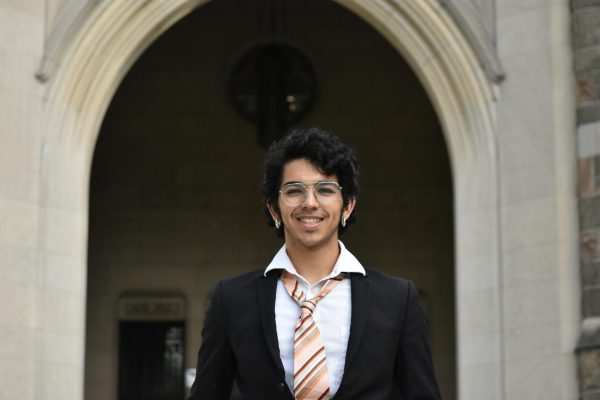
Sebastian Diaz is a senior from Chapel Hill, N. C. who is double majoring in journalism and film. After starting as a news reporter for The Fordham Ram...





































































































































































































